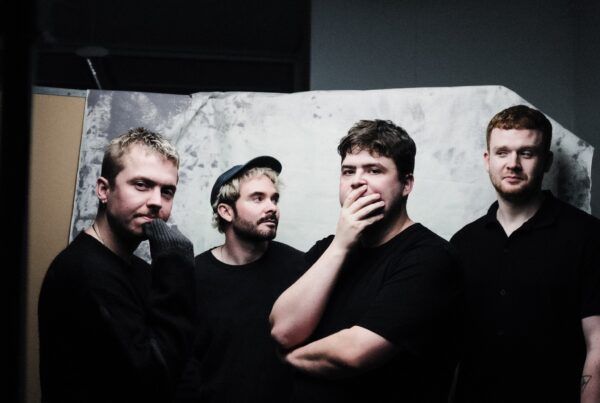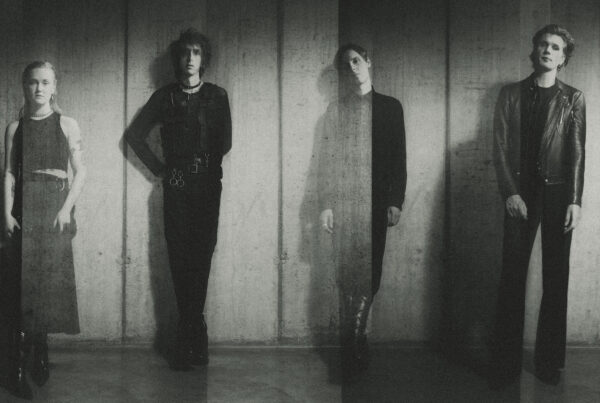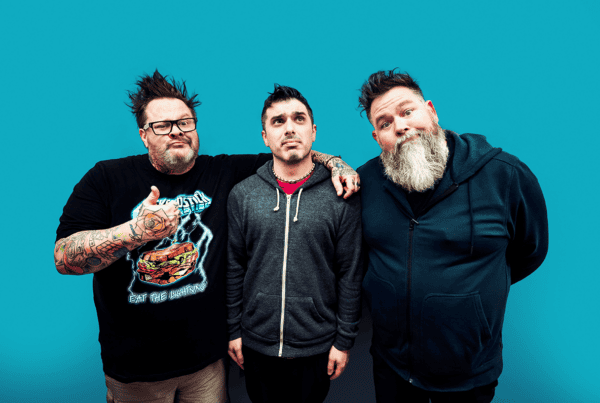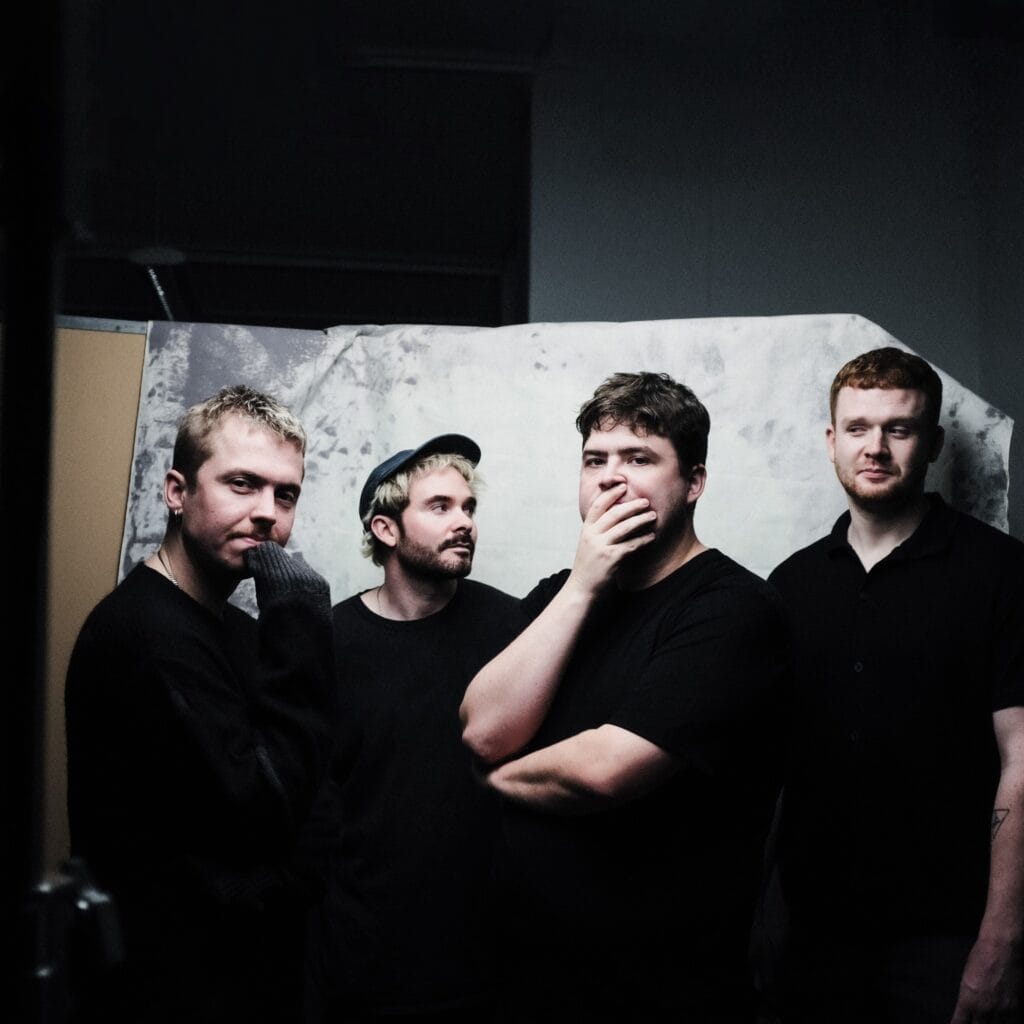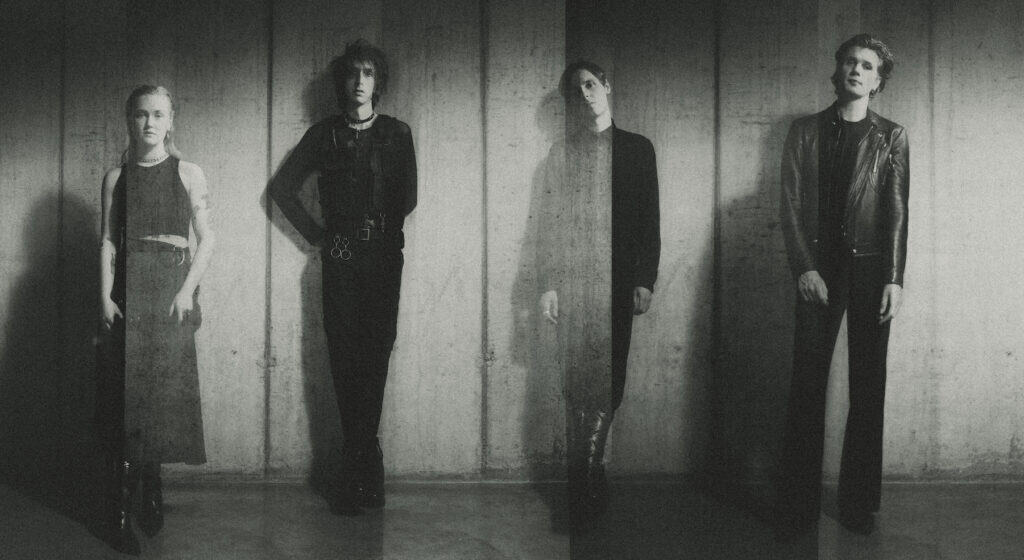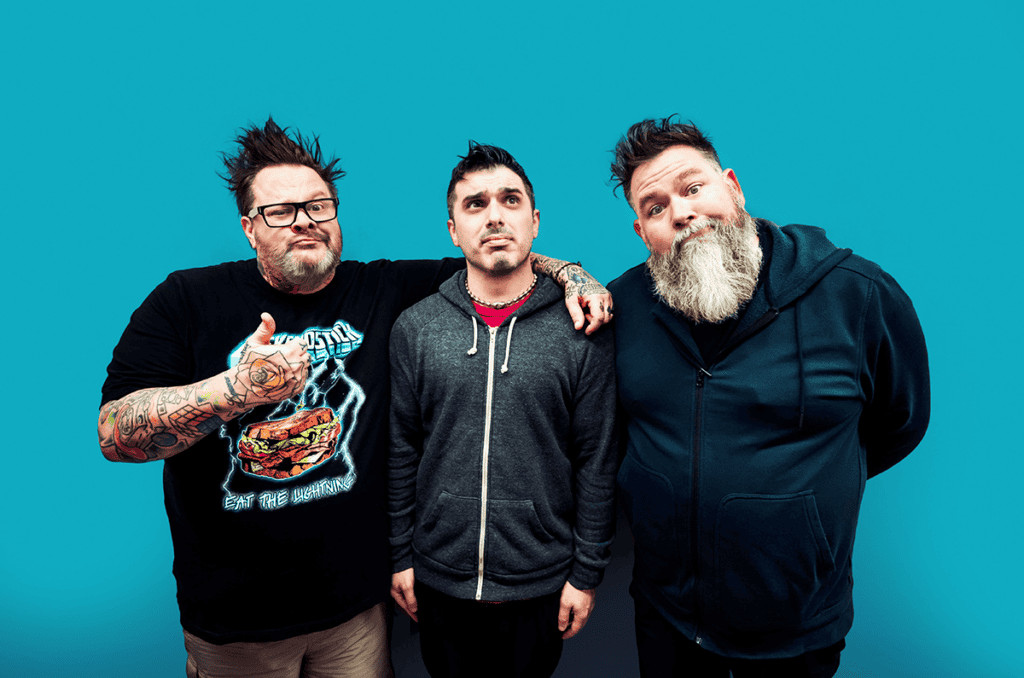It is an artist’s greatest ambition to sustain themselves by creating art alone. Some might say it’s impossible to be a full-time artist, yet Kristin and Davy McGuire are living testimony that it can be done. Multimedia artists, having mastered a plethora of artforms, create work that is at once enchanting, dark and delicate, ultimately crafting a hybrid between them that has captivated art spheres across the world. We spoke to them after their move from Bristol to Hull, City of Culture:
[like_to_read][/like_to_read]
S] What are your backgrounds, and how have you come to be the artists you are today?
K] I was originally trained as a dancer, but I always had a desire to create my own work rather than executing someone else’s steps. I met Davy in Holland. I was doing a choreography degree, and I was looking for a guy to do a duet with, and Davy was a foreign exchange student and I asked him to be in my piece. His famous chat-up line was “Now we have a professional relationship, why don’t we have a real one?” I didn’t give in for a long time! I never wanted to be a dancer, I was just pushed into it. I actually wanted to be a director, so I think it very much evolved from wanting to create my own world, and meeting Davy allowed me to do that.
D] I think artistically where I started was playing toy soldiers as an only child. Spending a lot of time by myself, I ended up creating my own world. A lot of kids have imaginary friends; I had imaginary little people. I studied theatre, worked as a director for a production company, and then did a hop-skip-jump to here. I met Kristen in Holland where I studied theatre, it was quite a free course really. What I found was that I had a lot of interest in other art forms. It was very hard to express the ideas that I had to people who were fixed on a theatre style. Kristen was very good at understanding what I was saying and adding to it. We created a good dialogue from early on – a professional one at first, of course.
Q: How did you find success in your business in the early stages?
D] I think there’s two different things there. One: I think leaving university and having a lot of belligerence to knock on doors and find whatever artistic work I could. The piece that really changed everything was The Icebook, which was a pop-up book that came to life with projections. It went viral. As soon as it started to gather momentum online and the numbers built up, a lot of things happened from that moment.
K] People contacted us afterwards to make things in a similar vein and it just snowballed from there. The Icebook was very new at the time. I think it is literally the world’s first projection mapped pop-up book. It came at a time when paper craft started to become quite fashionable, and projection mapping became a term.
D] It was weird because we didn’t even realise. We make it in residency, and the idea was to make a full theatre show that folded like a pop-up book. We made the projection to show people our vision.
S] What is a typical day like for full-time artists such as yourselves?
K] It doesn’t feel like there’s ever the same two days. Because we run this as a business, we have to wear so many different hats, so to speak. It ranges from the most fundamental aspects of running the business, like admin, to then actually brainstorming ideas. In terms of actually producing art, one day we could be in front of the camera, another day behind it, the next day painting sheets of wood, the other sourcing costumes. In one sense that makes it super exciting, but then on the other hand it can be quite hard getting help from people. Often, because of the ideas we have, there is no prescribed way of doing it because it’s so experimental. People say it’s very innovative, so we struggle to tell people our process when most of the time we’re not even sure what it is ourselves, so it can be difficult to get a whole team together to support you.
Q: What inspired you to make the move to Hull from Bristol?
D] We felt Bristol was changing as a place, culturally. Bristol has always made its own culture. When we first moved there, there were squats, there were free parties, there were derelict buildings that were cool places to go, and it was cheap. Now, it’s expensive; the derelict buildings have been done up and the street art feels more like a commodity than a protest. We were thinking about moving anyway, and we were trying to get a black-box studio to do a show in, and it was fucking hard to find a place to do it. Then City of Culture happened, and I hit up Louise Yates from Back to Ours and asked her if she had any spaces, and she said that there was loads of spaces in Hull. It’s a great place – we’ve done a cool project we want to build on, people are so nice and it’s a hell of a lot cheaper than Bristol. It would be wrong to say that Bristol is finished, but the opportunities at grassroots seems to be missing. There doesn’t feel like there is any room for new development like there is here.
Kristin: Hull has a lot of things going for it. If you want to be an artist, Hull is a great place. It’s so well-connected. You’re straight to London in two and a half hours. You have everything you need. In Bristol people had no idea you existed, whereas in Hull it’s so much more valued when you say that you’re an artist. Relocating to Hull has led us to rebrand ourselves. We found a place to create art that went down a treat in London where we sold a lot of our work. Living in Hull allows that money to not just go on the basic survival of the business as it would in Bristol. Hull is a great place to take risks.
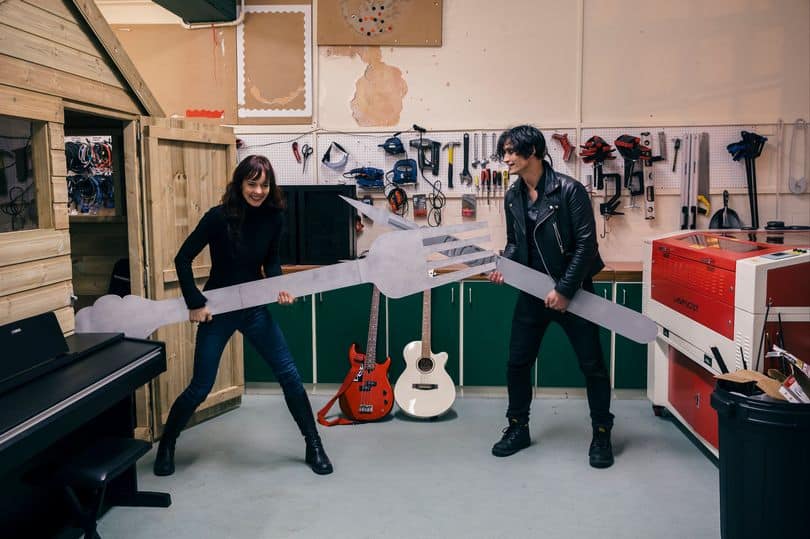
S] How did you create a business that facilitated you to become full-time multimedia artists?
K] I think one of the things that helped, even to this day, is documenting our work as well as we possibly can. To be honest, a lot of work we get comes directly from what people see online and approaching us because of it. People study our work at university. I think that’s the great thing about having an online presence. I would say 80% of the work we get comes from people just e-mailing us and inviting us to do a project.
D] I think also the type of work we do is quite diverse. We just did an exhibition in London and did quite well out of that. We also have theatre shows we’ve done that keep touring. Then there’s commissions that we take commercially. Every year is different. It’s nice that there’s different avenues to obtain work.
K] This year we’re applying for funding to back our projects, which is something we don’t usually do. We are thinking about creating an underground jukebox where you press the buttons, and not only does the song get played but at the same time you see a hologram of the band that gets played. We’d love to tap into the talent in Hull and get a hand with that.
Davy: Back to the other question about why we chose Hull, since the City of Culture project, so many people have come out with jobs that are beneficial to us and mutually beneficial to them. There’s a certain infrastructure here. The connections that we have here are so much stronger than the connections we had in Bristol. I loved Bristol, but I never felt much like a Bristol artist, and we never did much there.
S] What is your advice, as award-winning, self-sufficient multimedia artists, to aspiring talent who may be reading this article and wondering how to achieve the same level of success?
D] Be obsessive about what you do. Think about money; think about how to make as much money as you can. Also, don’t be too precious about your ideas. Sometimes just taking a little advice from someone who works in a gallery can help you shift your work for a couple of grand more. It’s a little thing that doesn’t risk your integrity. I know this sounds really business-like but think of your art as a product. Make it something that someone else would want.
K] It does help to think of yourself as an entrepreneur. The stereotype of an artist being a floaty outcast type, moving in this sex drugs rock ’n’ roll environment is the furthest thing from the reality of being one full-time. You have to be dedicated: it’s not easy work, and you have to think economically. You also need to consider your clients. You can’t just do what you want.
D] There’s this romance about Van Gogh, about how he painted all these beautiful pictures and died without ever knowing success. Van Gogh didn’t know that he could sell one of his pieces for 6 million quid, and he just lived a shitty, horrible, depressing life. That’s shit. Art is not all about doing it for you: you need to figure out how to make doing it for you connect to other people.
S] What sort of qualities would you want to see in someone who works for you?
D] The main thing for me is probably interest. You can get miles ahead just by being interested and having curiosity.
K] Diligence and someone who asks for work rather than sitting around and waiting to be told what to do.
Q: What mistakes do people make? What can you not afford to do?
D] Being an artist, it is a lifestyle where you dictate what time you spend on something. If you’re not fully committed to dedicating your time, you can spend a lot of time only thinking of doing what you’re meant to do. You have to make use of your time as effectively as possible.
K] I think a bit pitfall for artists is the right amount of confidence. They can bit too arrogant and don’t respect what the client wants, or the other way around where they undersell their work and do nothing to promote it. Those two extremes can be damaging.
Davy: Another problem with being an artist is thinking that the work itself is enough. If you don’t promote your work and speak to people by putting it online and sharing it, it’s lost its point if it’s just sat in a cupboard.
K] If you’re not prepared to adjust it according to feedback that’s even worse.
S] What is the future for Studio McGuire?
K] Keep going! All sorts of people ask us this in a 5-year plan sort of way.
Davy: When we like an idea, we try to find a way to make that a reality. If I could just do that for the rest of my life and have financial security, then that’s great. We’d like to do more projects that involve more people to make them more exciting.
Follow The McGuires here: https://www.facebook.com/studiomcguire

